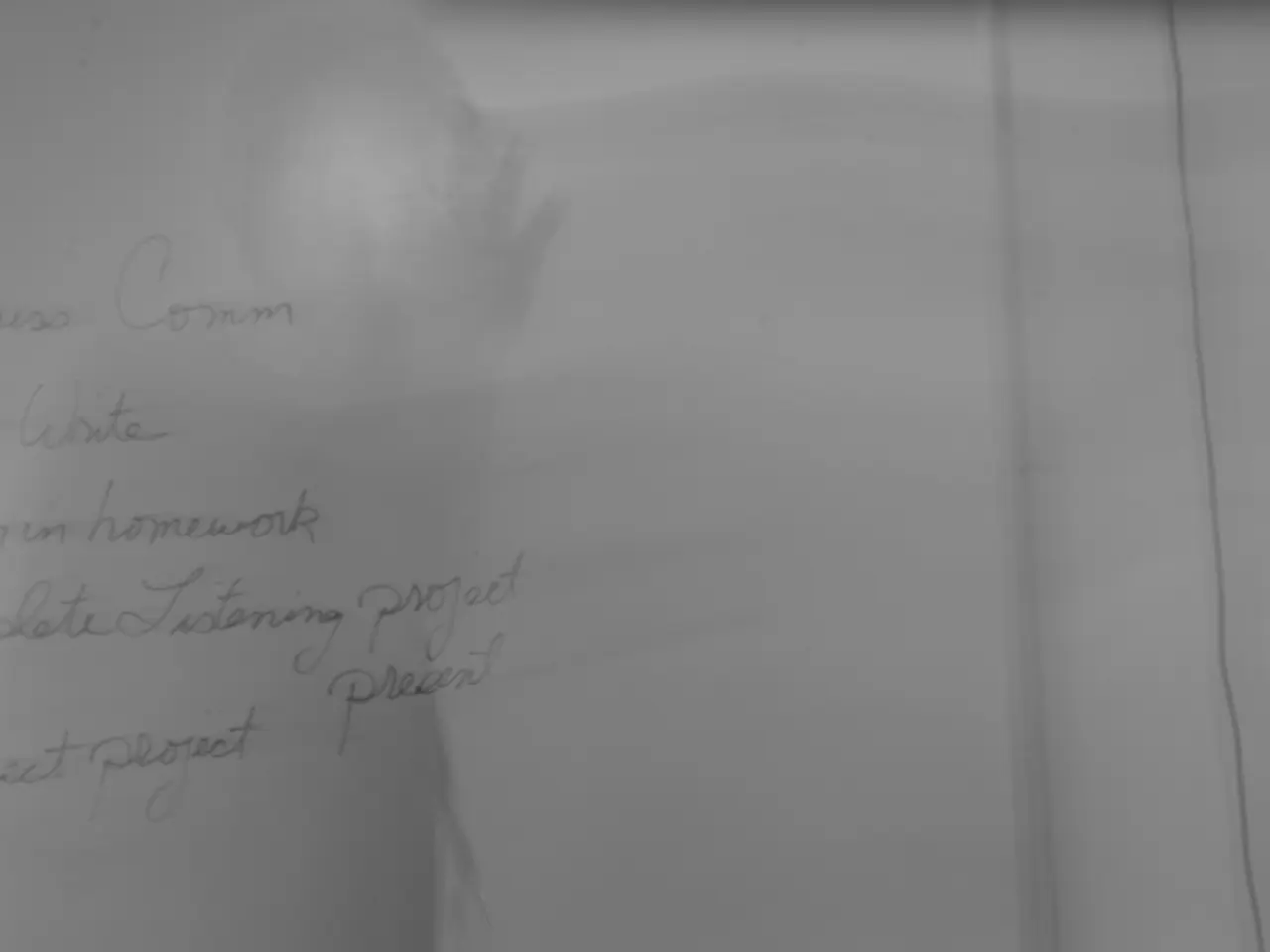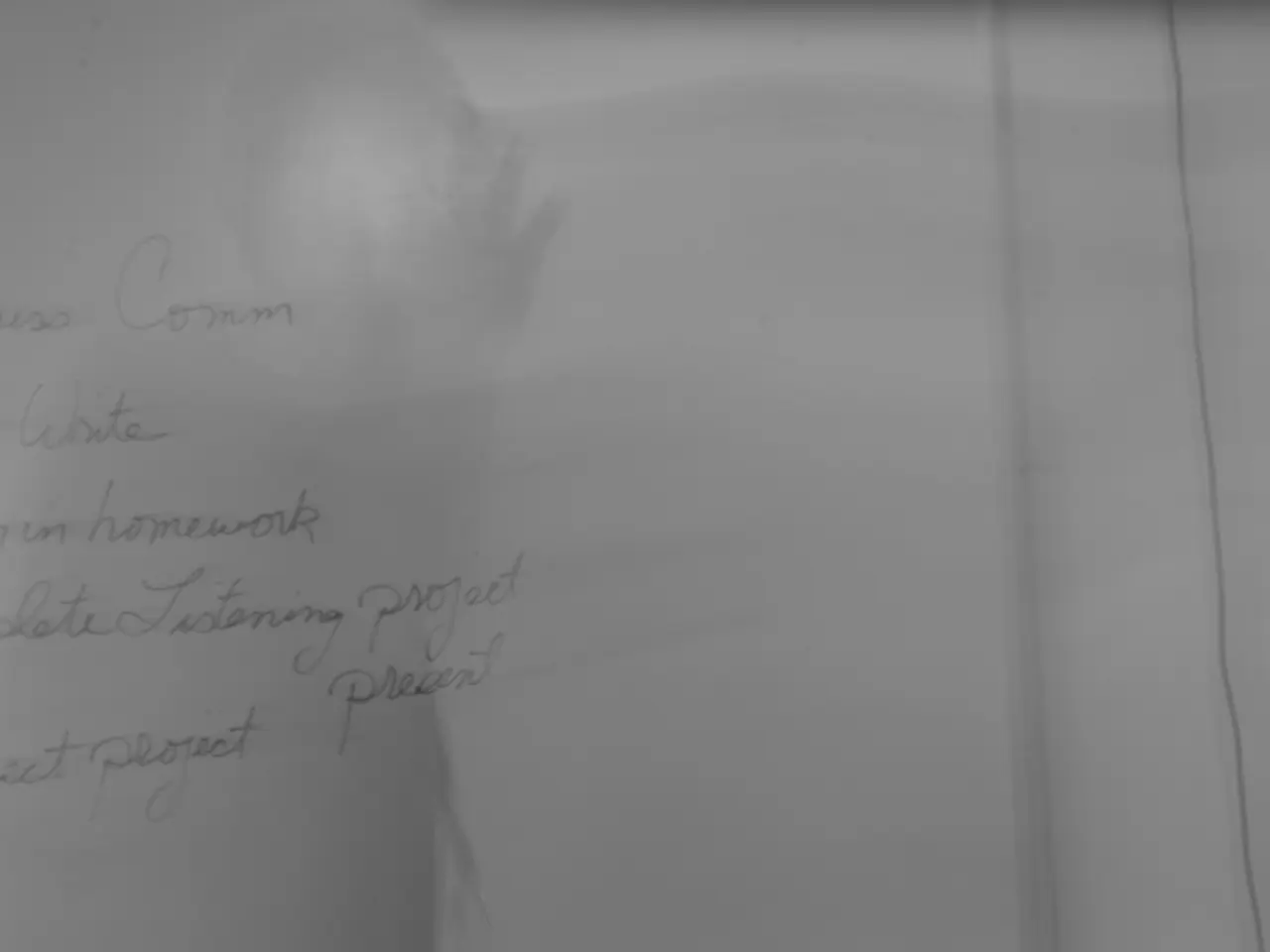Lukashenko endorses adjustments to the gas contract with Russia.
In a significant move, Gazprom CEO Alexey Miller and Belarusian Energy Minister Viktor Karankevich signed a protocol on forming gas prices for supplies from Russia to Belarus for 2021 [1]. The settlement was made using funds from the Eurasian Fund for Stabilization and Development (EFSD).
The settled debt amounted to $328 million, bringing an end to the debt for natural gas supplied to Belarus from January to September [1]. Notably, no such protocol was mentioned in 2019 [2].
In the first half of 2020, the intake of Russian gas by Belarus decreased to 9.06 billion cubic meters, a significant drop from the 20.261 billion cubic meters imported in 2019 [2]. Since September, the natural gas price in Belarus has been lower than the European spot market quotes [3].
The natural gas price for 2021 remains at the 2020 level - $127 per thousand cubic meters [4]. The protocol draft for amending the agreement between the governments of Belarus and Russia was approved and temporarily applied for ten days after its signing [4].
However, recent developments focus primarily on expanded EU and UK sanctions against Russia and Belarus. The EU lowered the Russian-origin oil price cap from USD 60 to USD 47.6 per barrel, effective from early September 2025, with a dynamic updating mechanism tied to Urals crude market prices [1][3][4]. The EU’s 18th sanctions package, adopted in July 2025, includes additional restrictive measures against Belarus for its support of Russia, expanding export controls and adding Belarusian defence/military entities to asset freeze lists [1][2].
As of the latest reports in mid-2025, there is no publicly available direct information indicating an amended gas price protocol specifically between the governments of Belarus and Russia. The focus seems to be on sanctions regimes affecting energy exports and financial transactions involving Russia and Belarus rather than bilateral gas price protocol amendments.
[1] Reuters. (2025, July 1). EU imposes 18th round of sanctions against Russia over Ukraine. Reuters. https://www.reuters.com/world/europe/eu-imposes-18th-round-sanctions-against-russia-over-ukraine-2025-07-01/
[2] TASS. (2025, June 29). Belarus, Russia sign protocol on gas prices for 2021. TASS. https://tass.com/economy/1313951
[3] Financial Times. (2025, September 6). EU agrees to cut Russian oil price cap to $47.60 a barrel. Financial Times. https://www.ft.com/content/49d41f1a-a7c4-4fa8-96b6-1c93478a92f0
[4] RIA Novosti. (2025, July 1). Russia, Belarus sign protocol on gas prices for 2021. RIA Novosti. https://ria.ru/20250701/1773719463.html
- Despite the recent focus on EU and UK sanctions against Russia and Belarus in the realm of politics and policy-and-legislation, a protocol regarding the gas prices for 2021 between the governments of Belarus and Russia was signed, with the natural gas price remaining at the 2020 level of $127 per thousand cubic meters.
- In the past, there was no mention of a similar gas price protocol in 2019, indicating a possible shift in industry and finance relationships between the two countries.
- The energy sector appears to have been affected by these political developments, as the intake of Russian gas by Belarus decreased significantly in the first half of 2020, and the EU has implemented measures such as lowering the Russian-origin oil price cap in the future.




